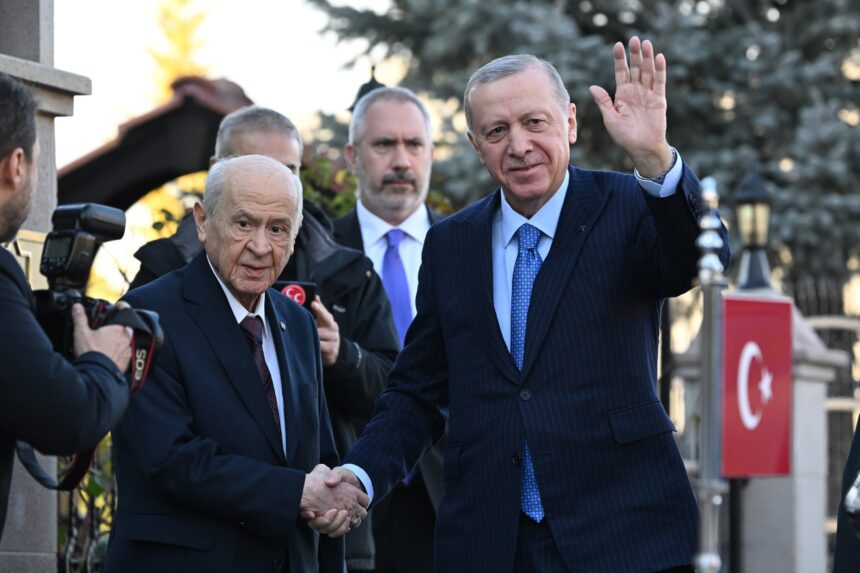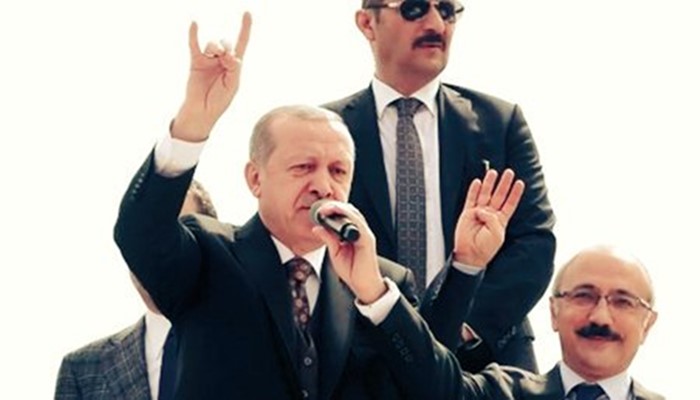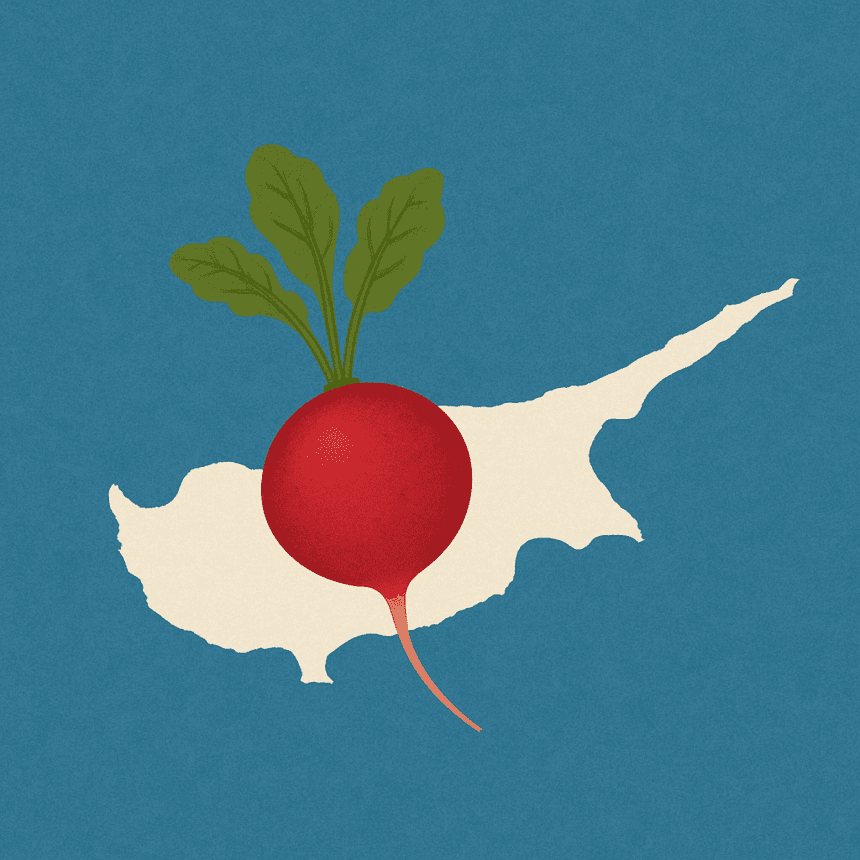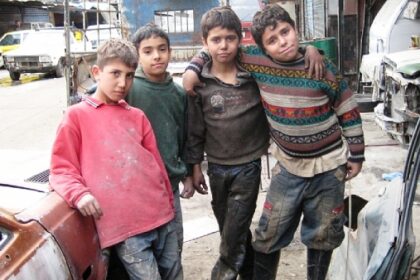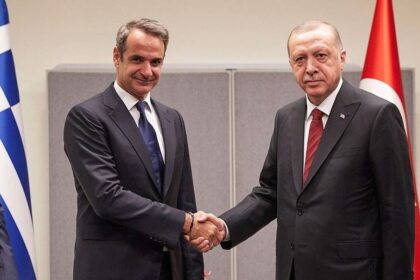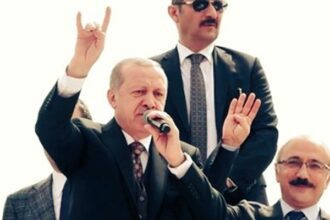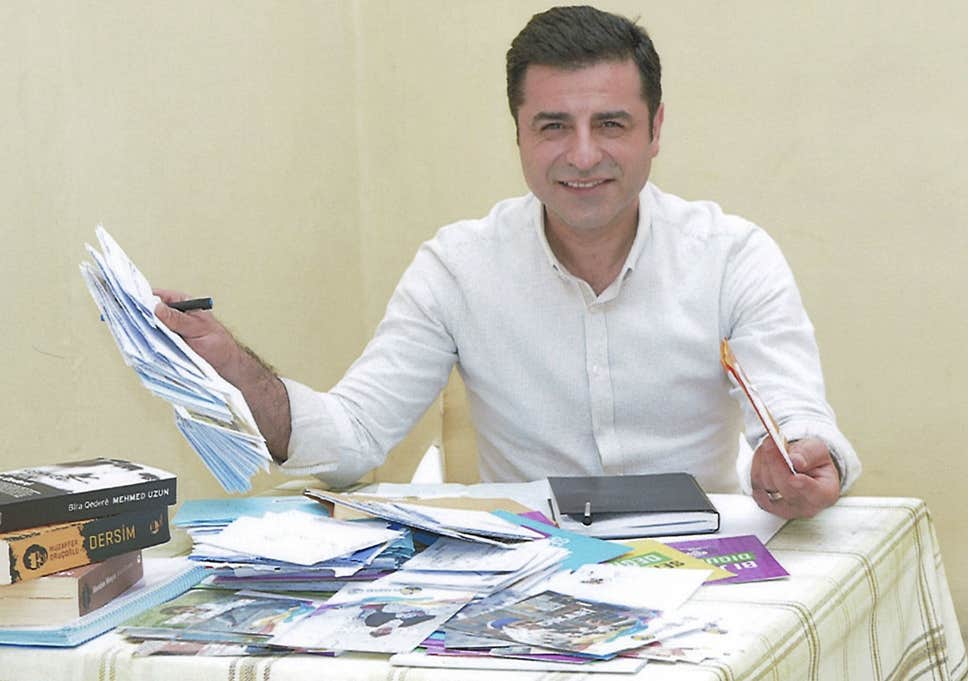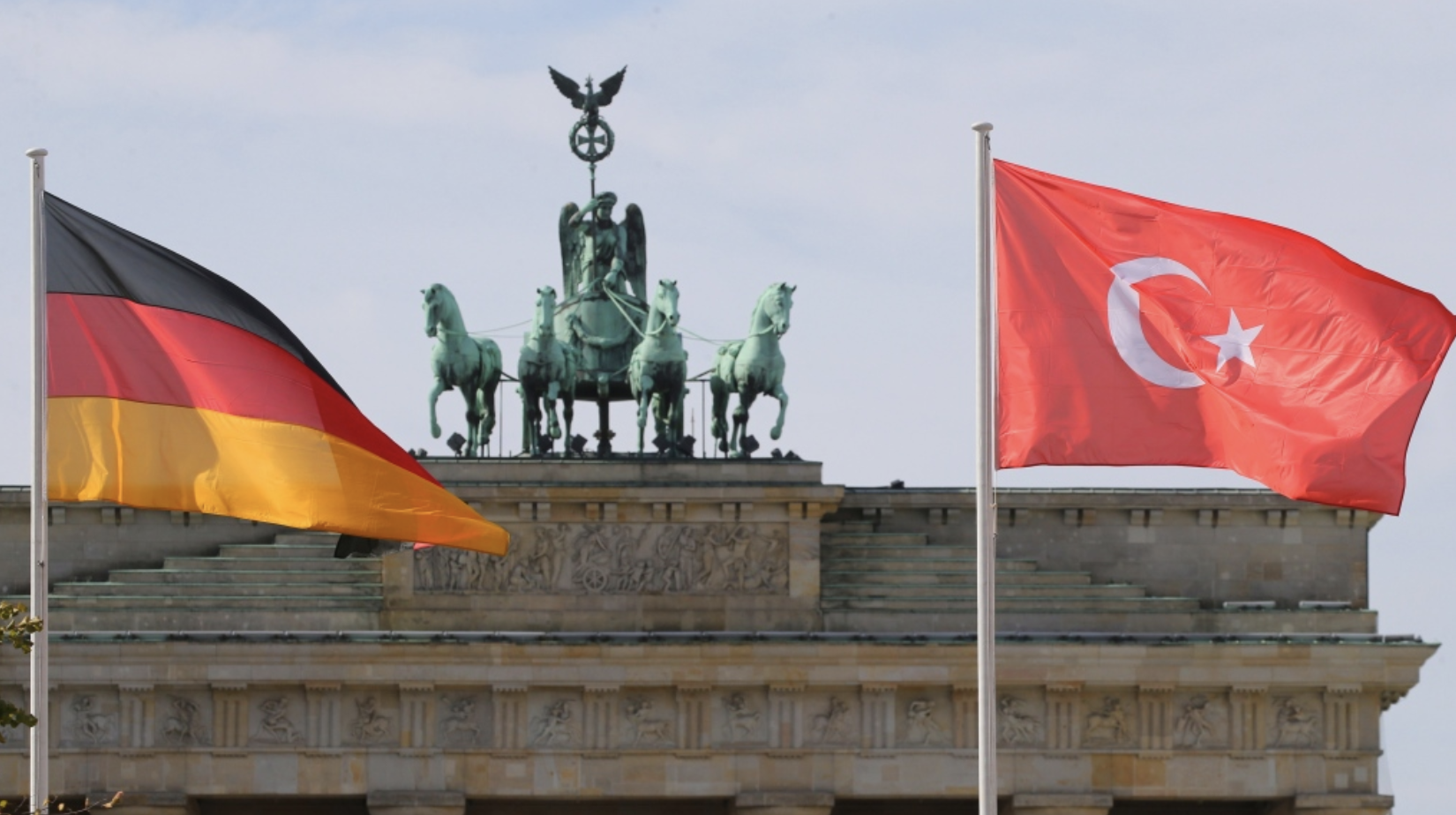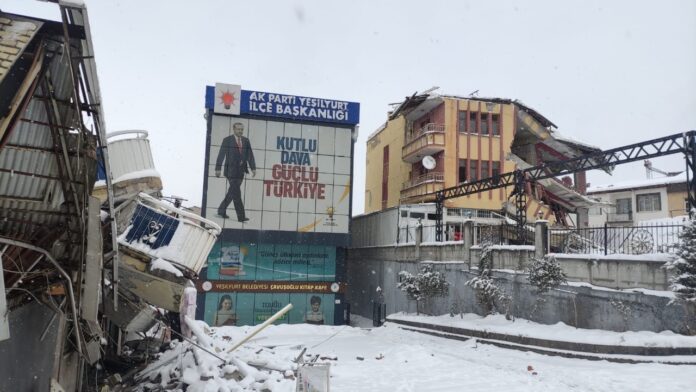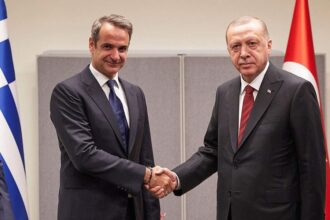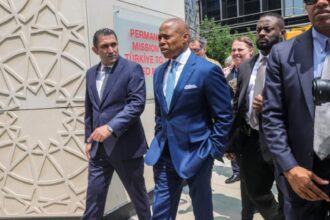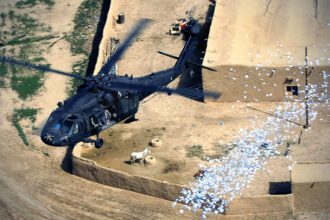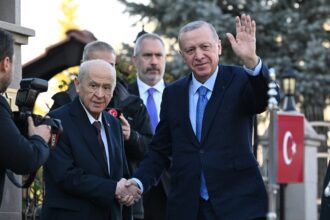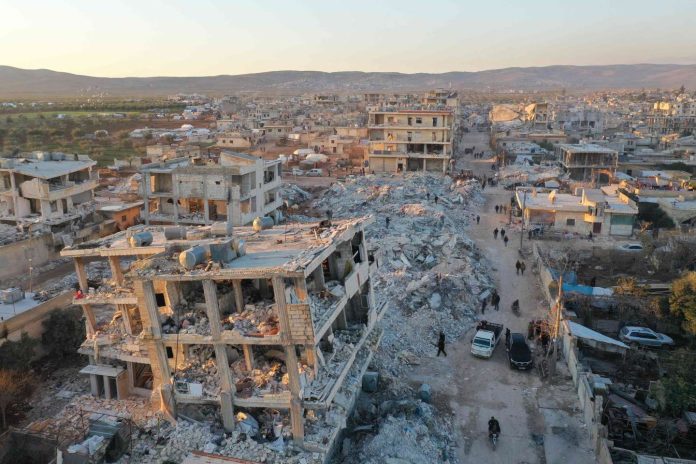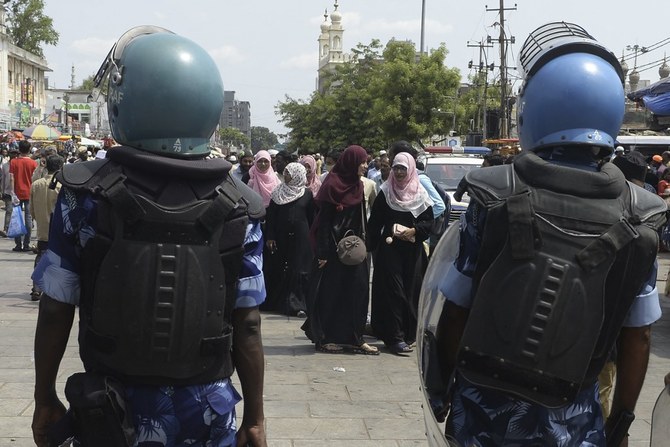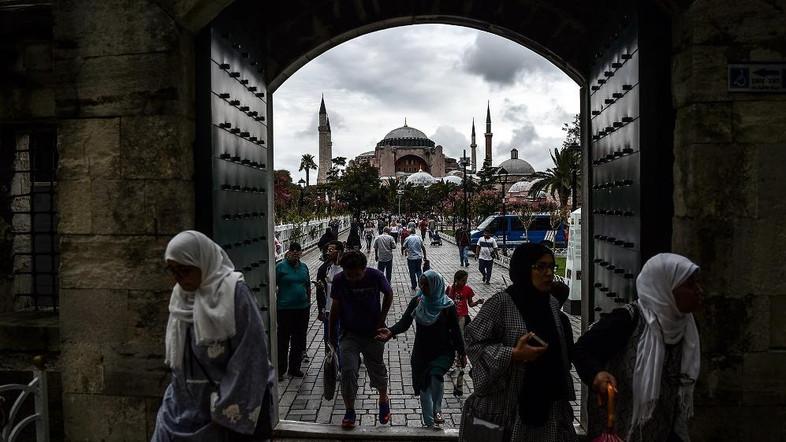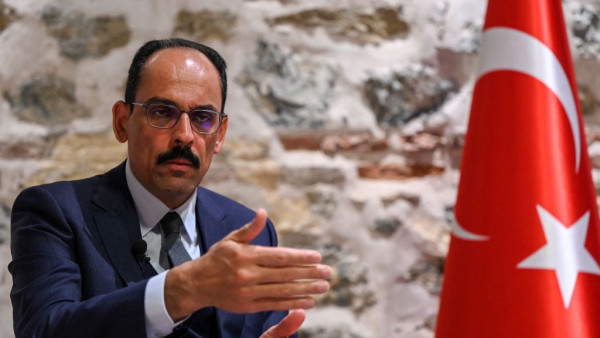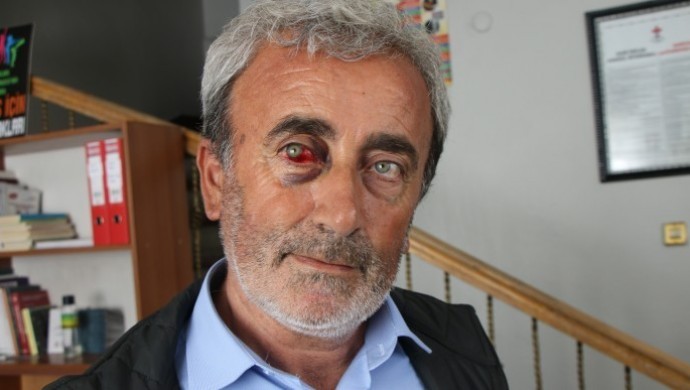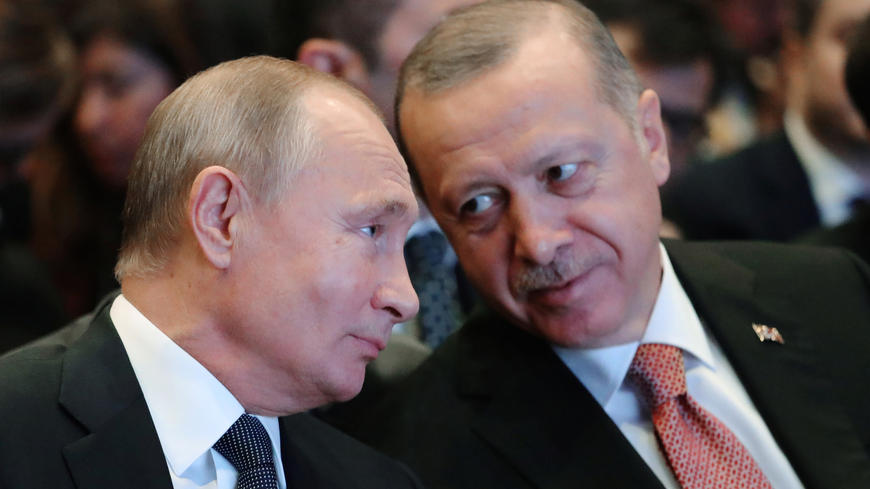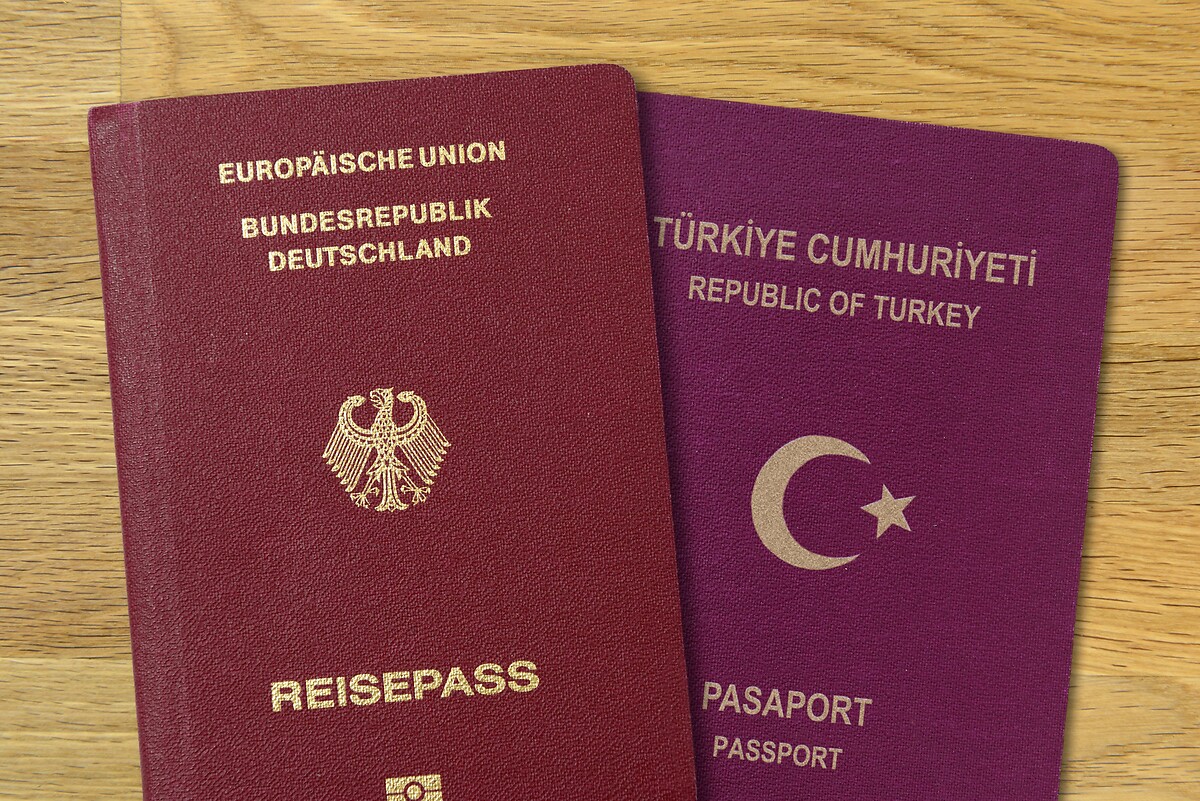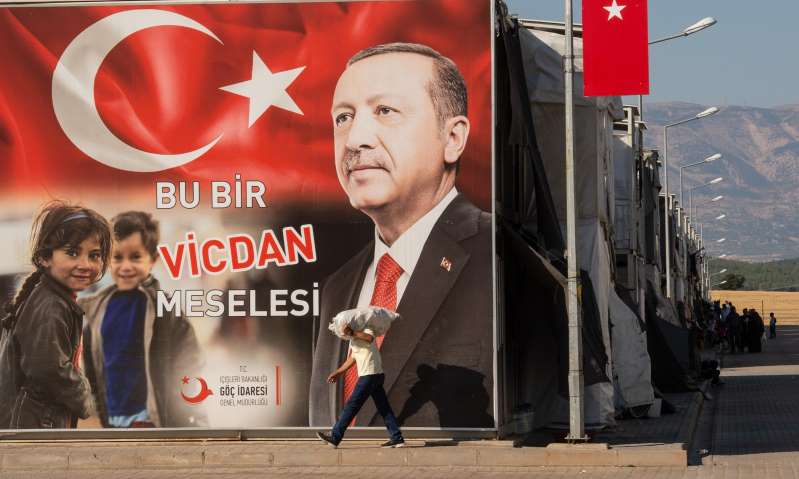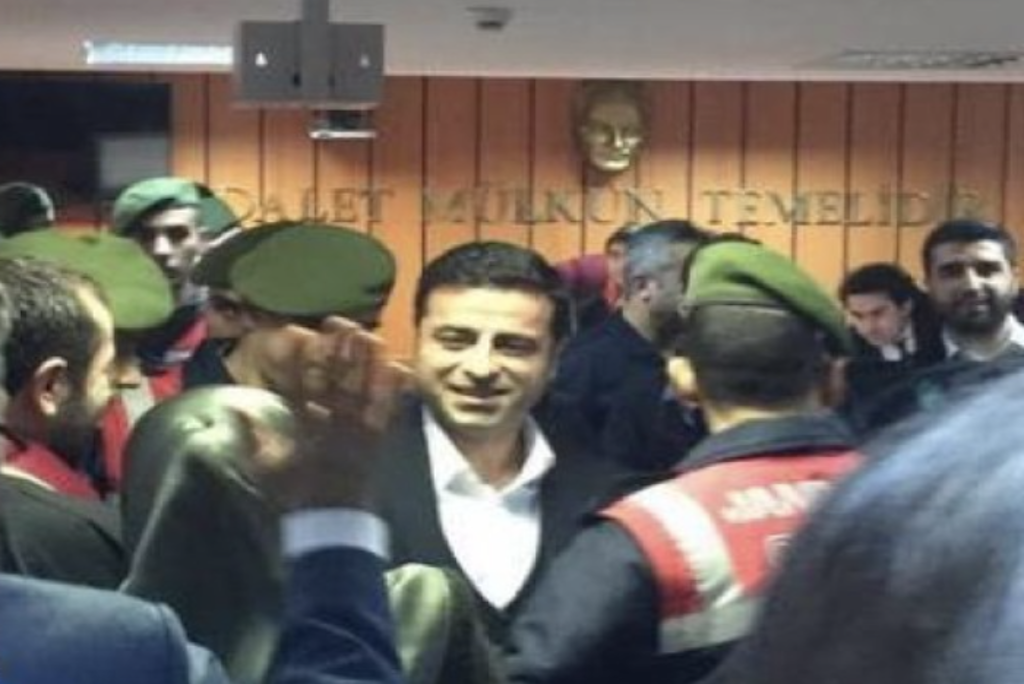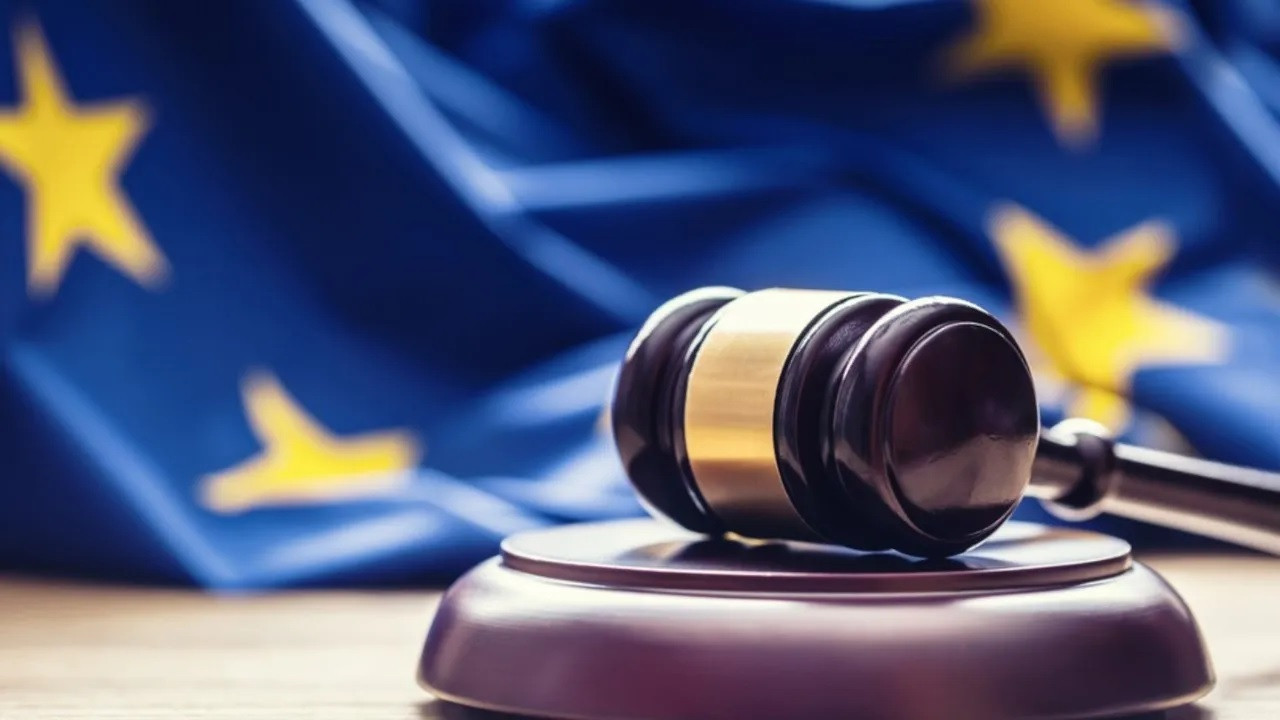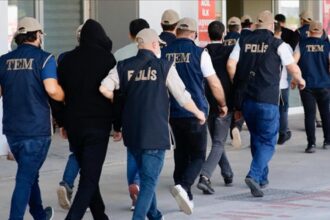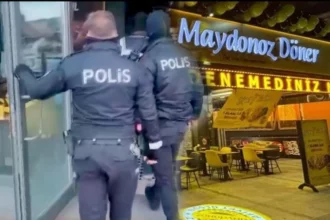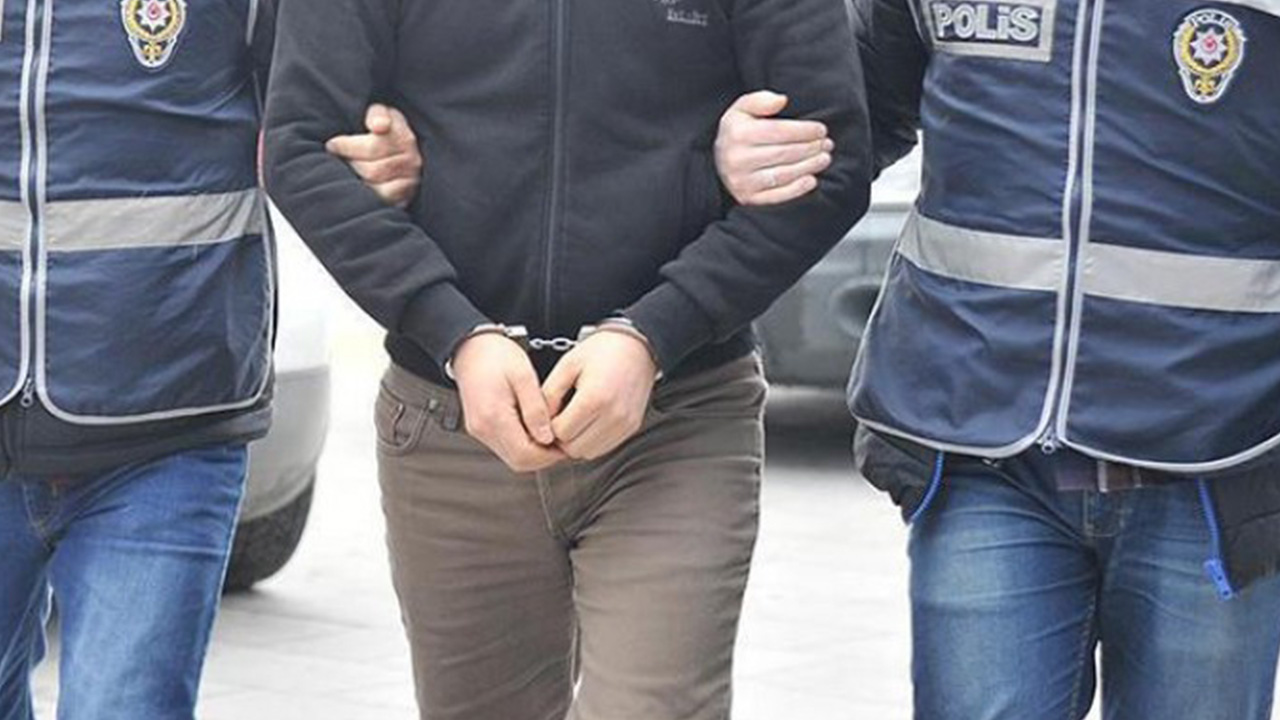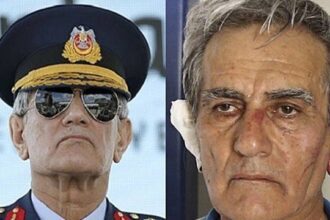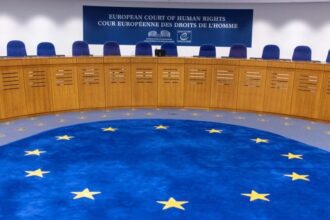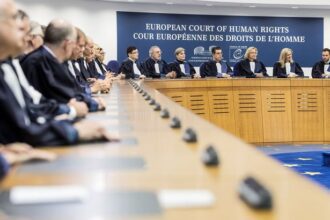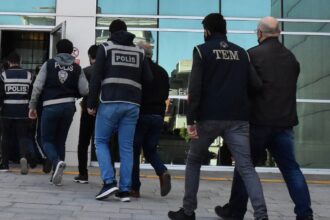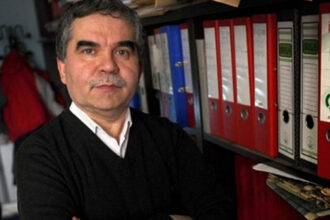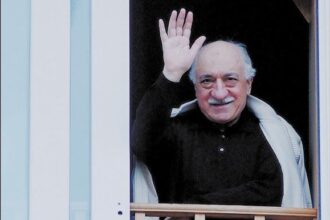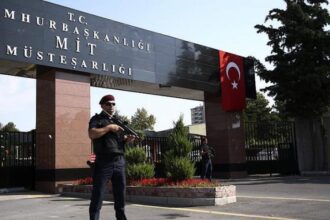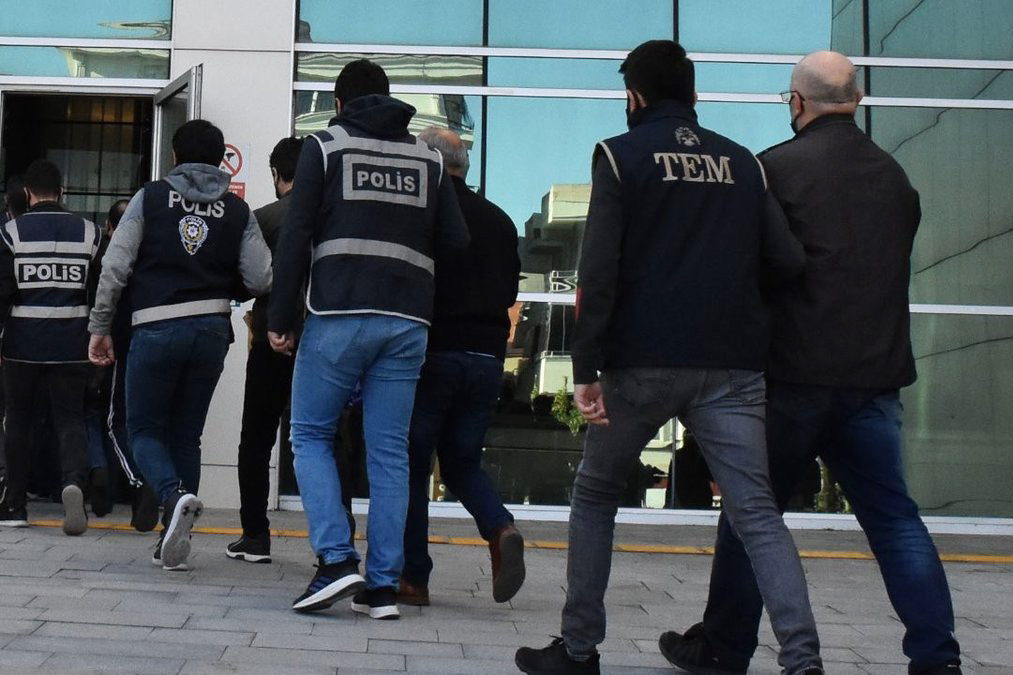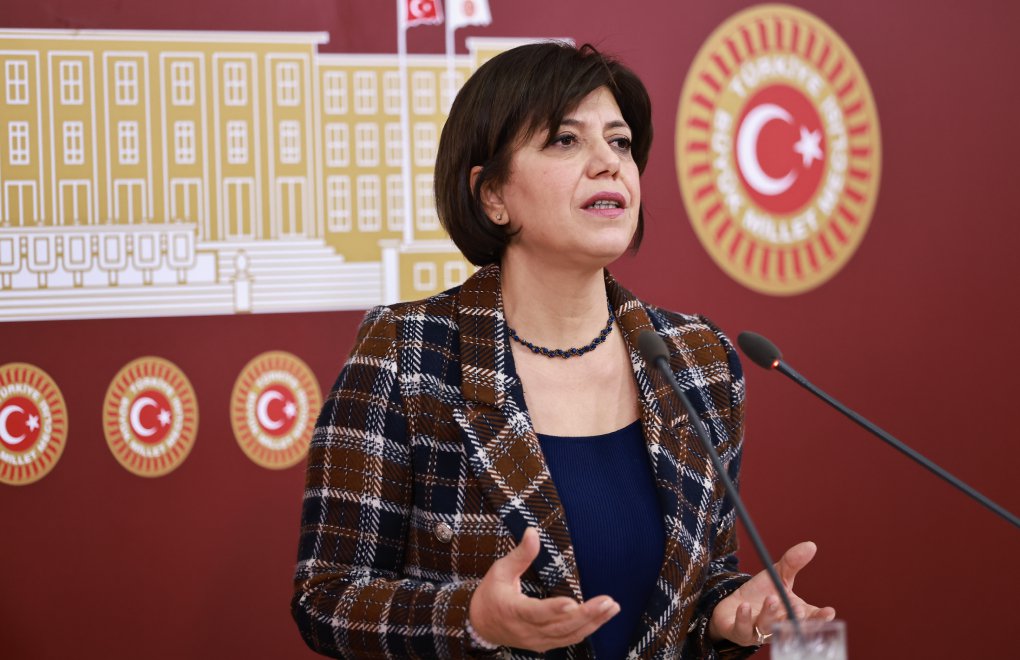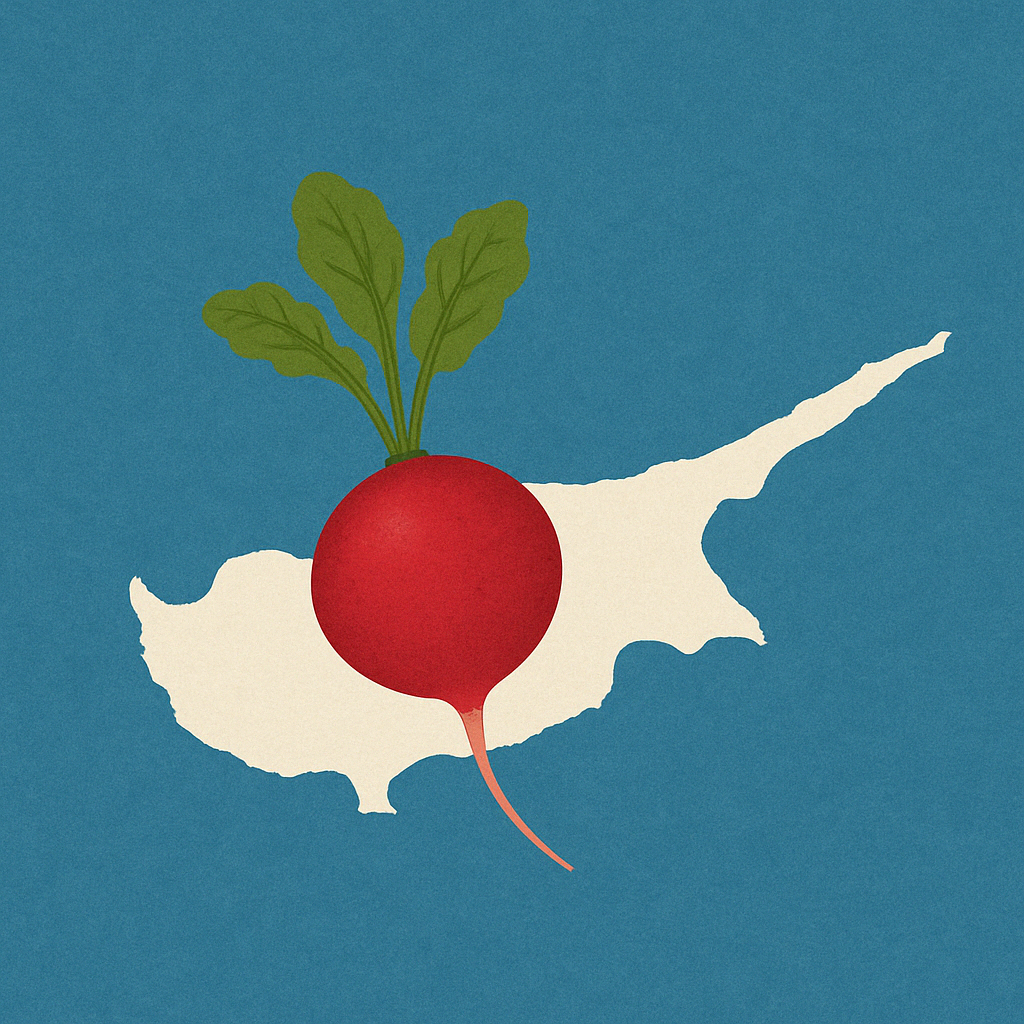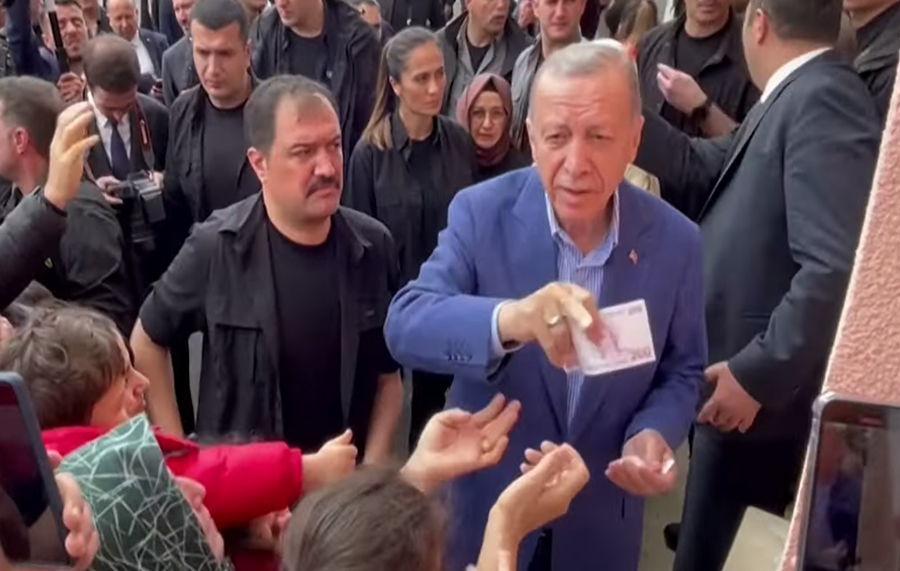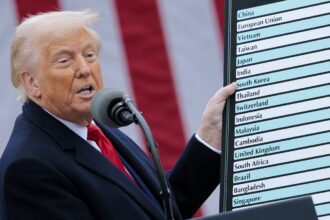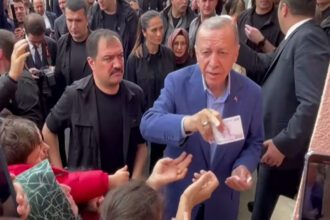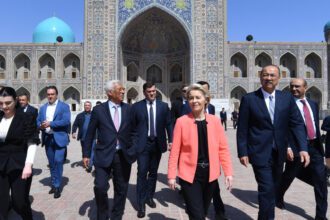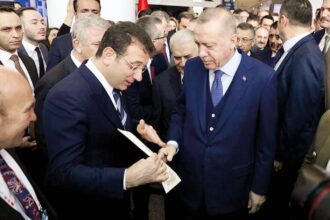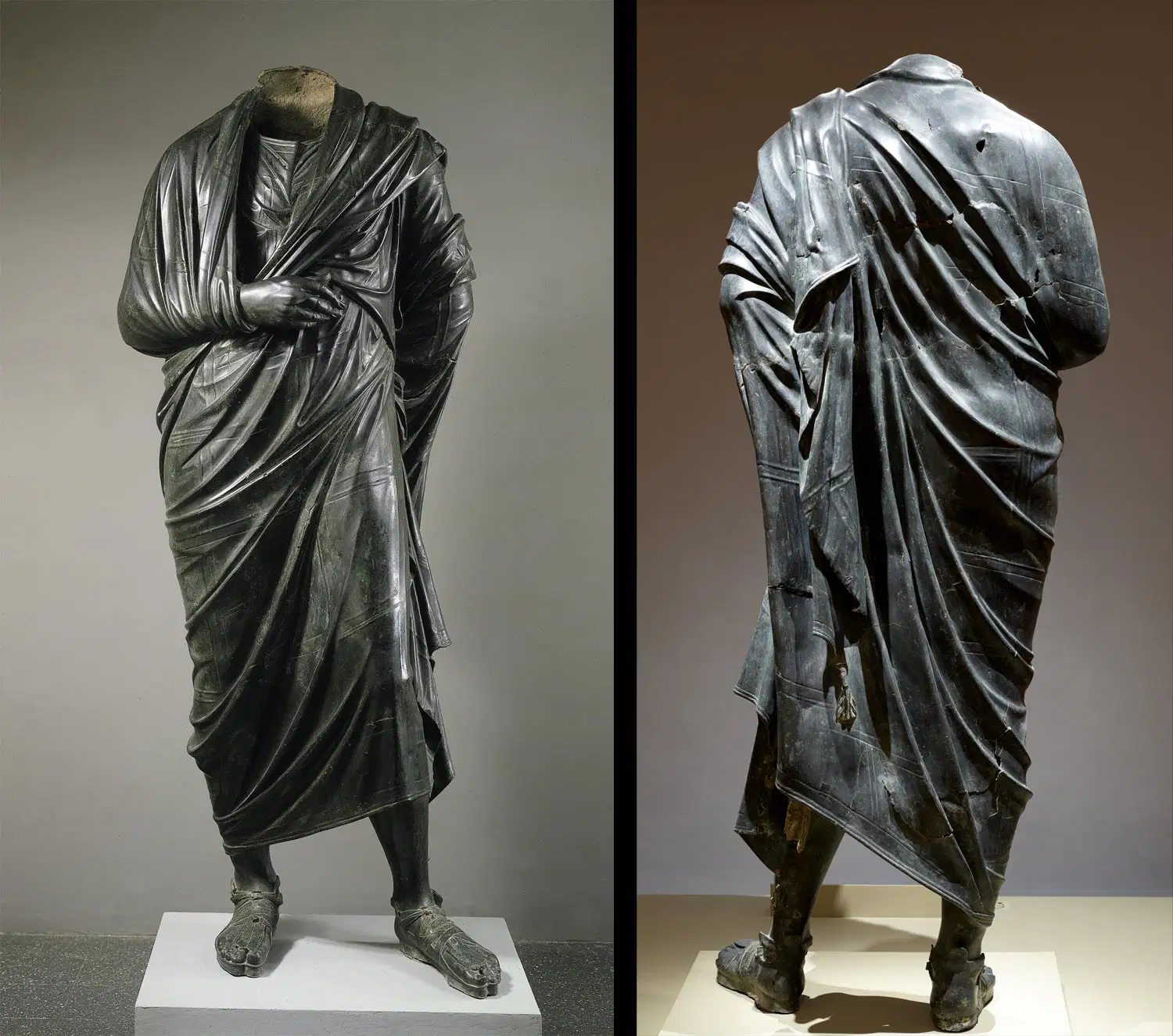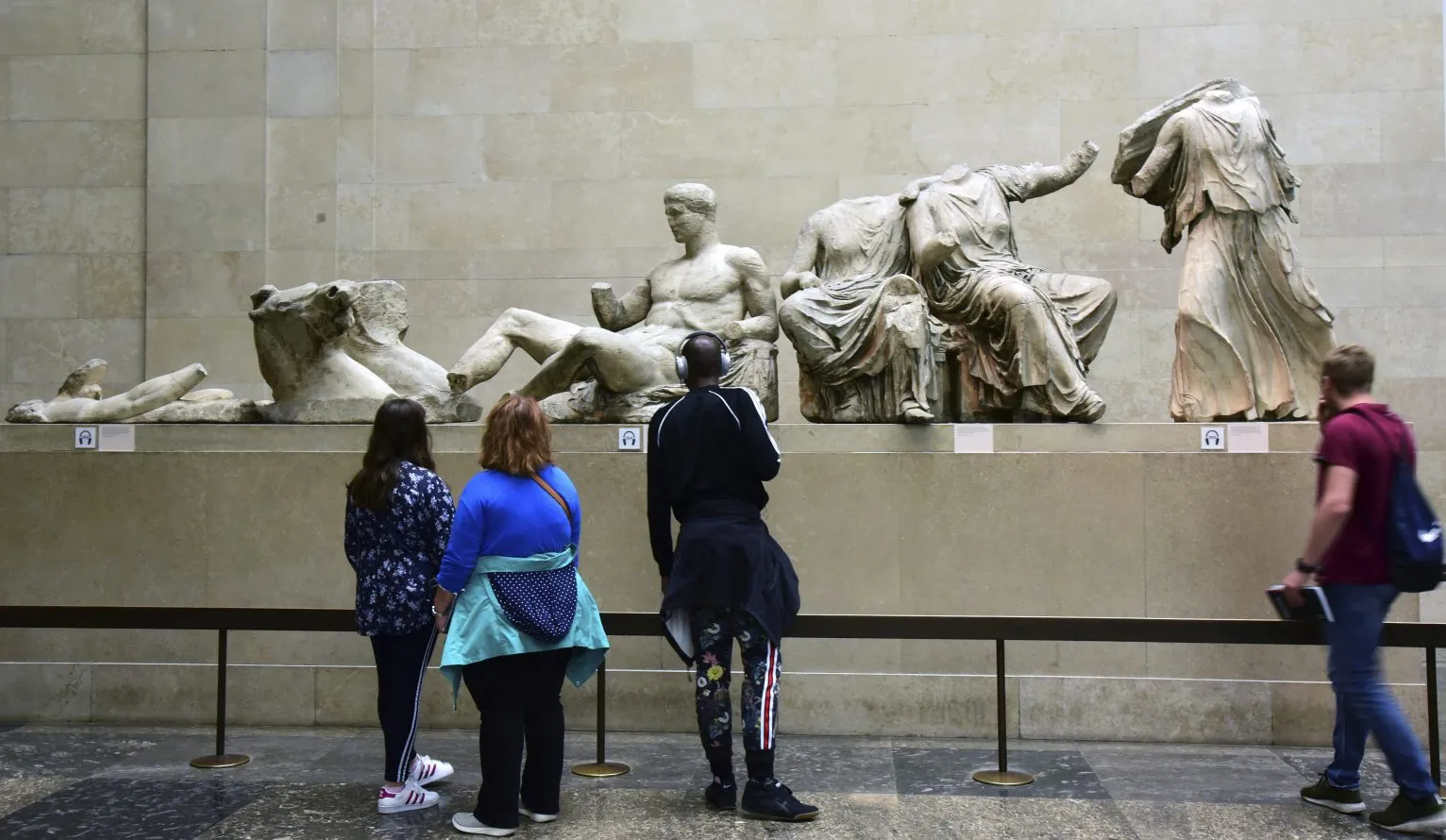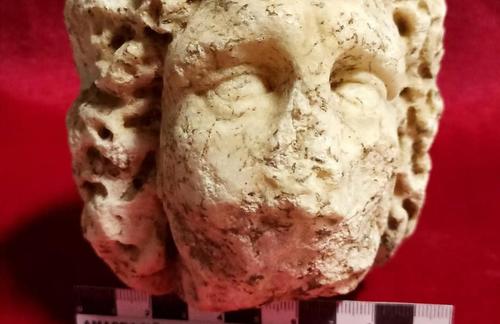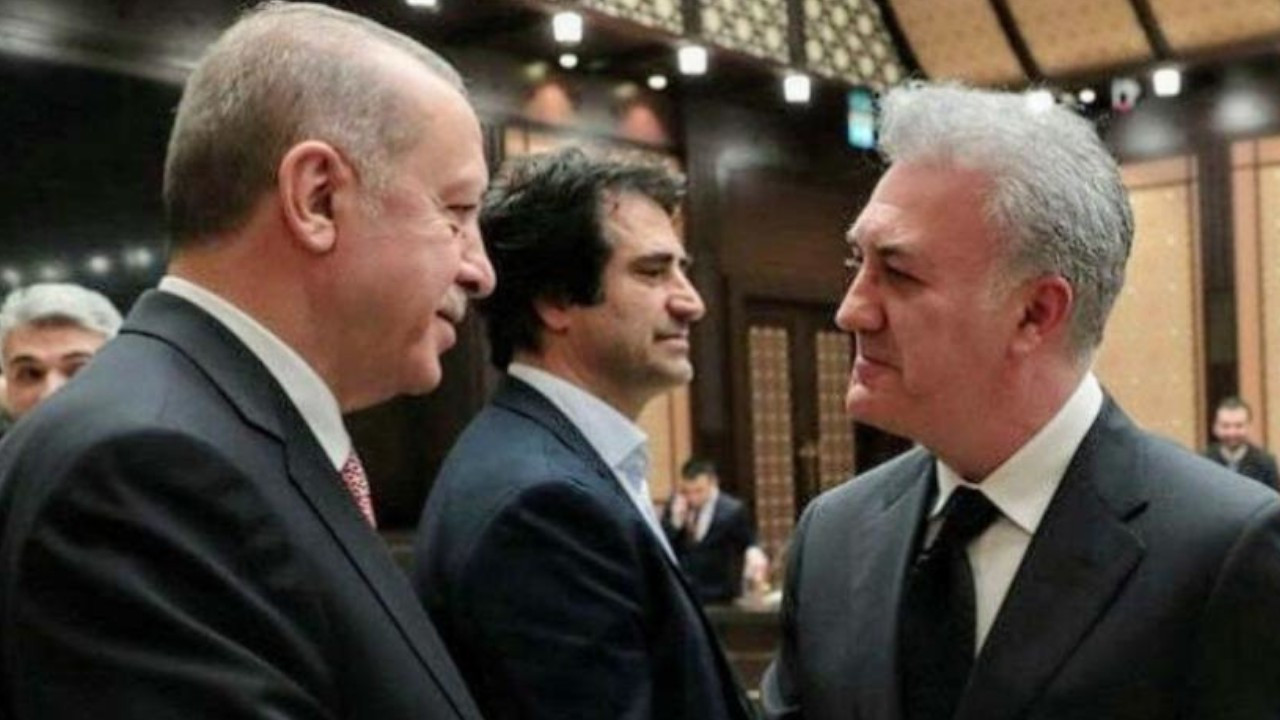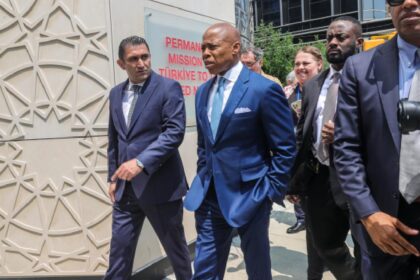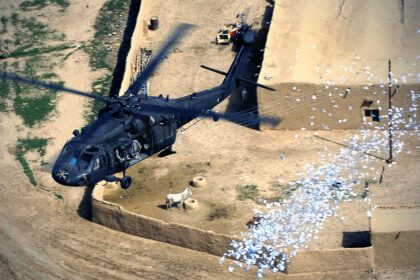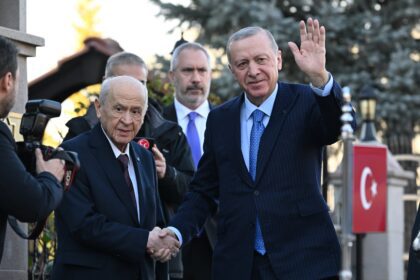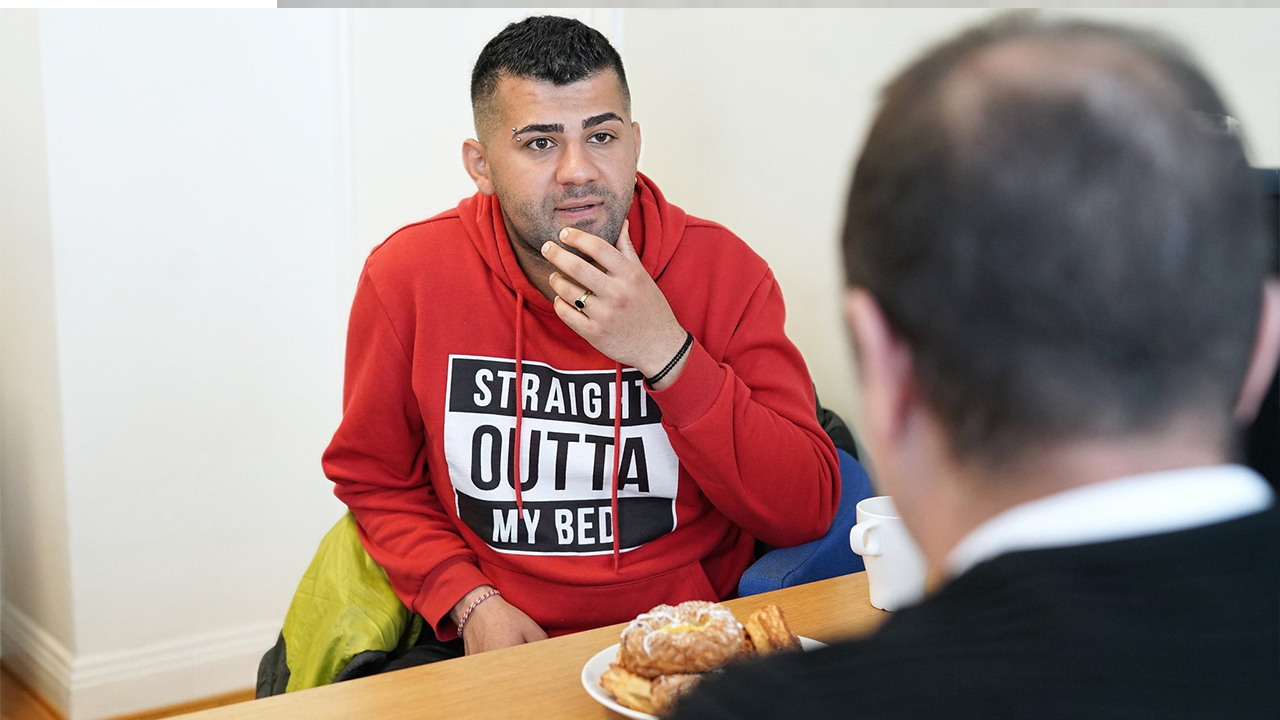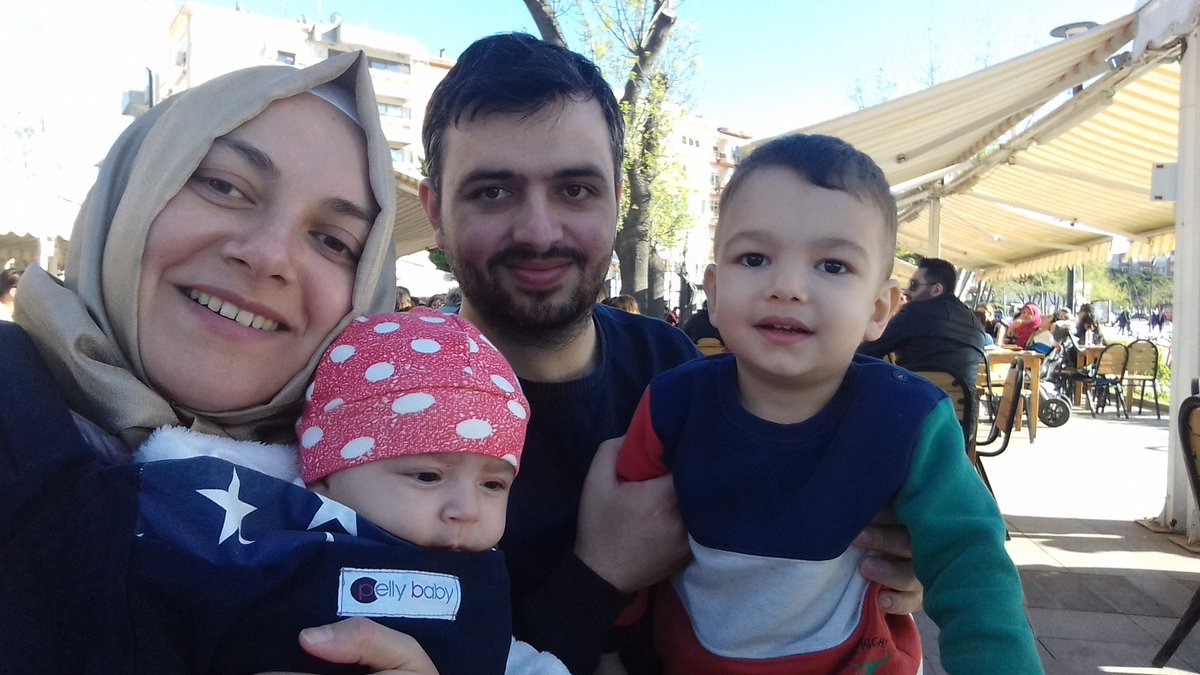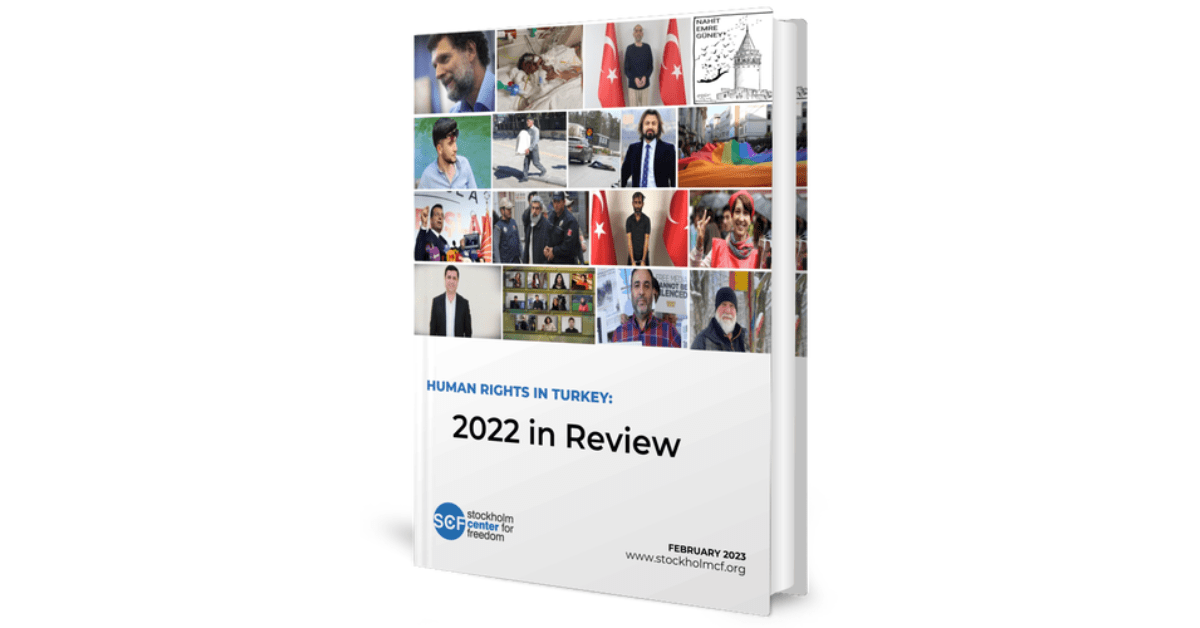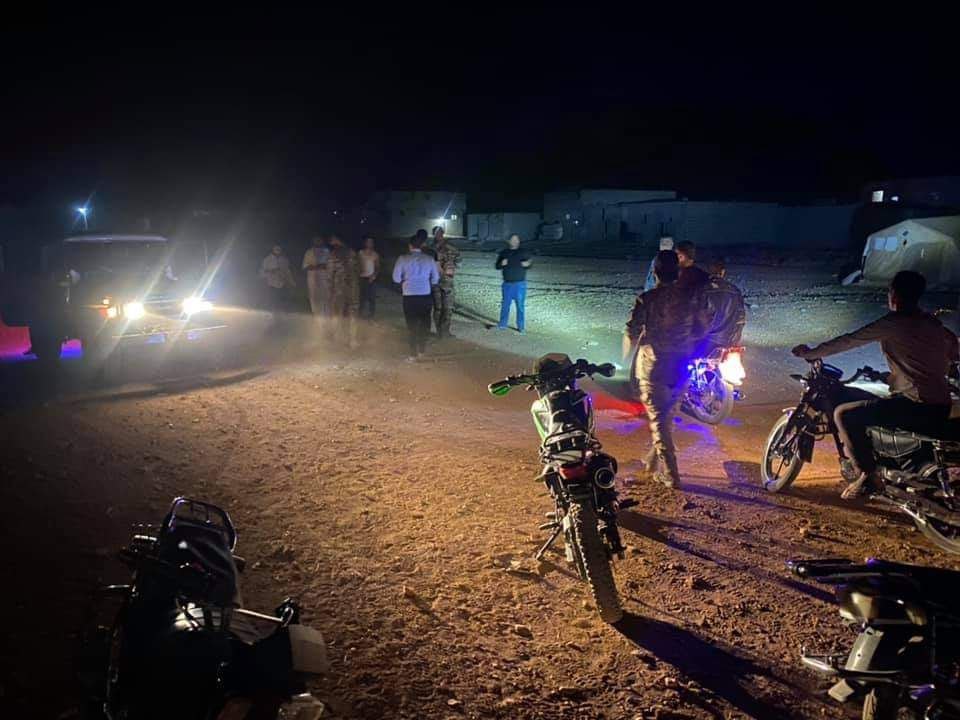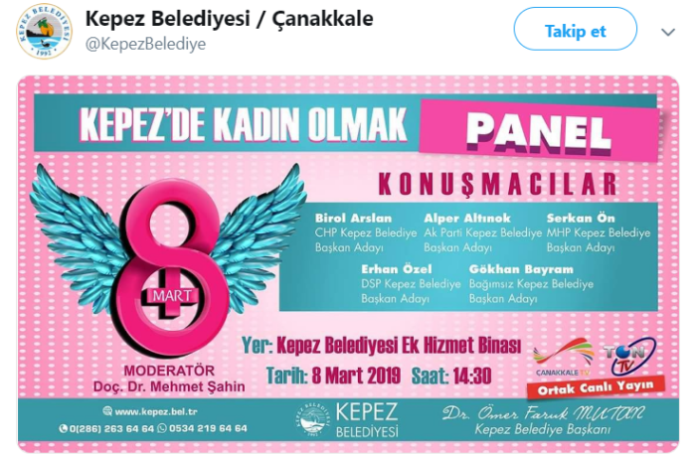The Myth of Bahçeli: The Kurdish Peace Process, Power, Patronage, and the Illusion of a New Republic
Since his release from prison—widely seen as the result of Devlet Bahçeli’s direct judicial intervention—Mümtaz’er Türköne has consistently lauded his political savior with increasingly unrealistic claims and predictions. His narrative not only distorts the internal dynamics of Turkish politics but also misrepresents the broader geopolitical reality. Türköne has made two particularly bold claims. The first—made shortly after Bahçeli’s symbolic handshake…
Turkey’s Center-Right Vacuum: An Authoritarian Signature
In any democracy, when the ruling party begins to falter—economically, politically, or morally—it opens a window for political renewal. New parties arise, or existing ones evolve to meet the moment. Nowhere is this truer than on the center-right, which has long served as the axis of Turkish electoral politics. And yet, in today’s Turkey, despite widespread discontent, no viable center-right…
“The Radish Is as Big as Cyprus”: A New Phase in Turkey’s Political Gambling
Turkish politics has entered a volatile new chapter—one where scandal threatens to eclipse substance, and veiled threats now define high-level discourse. The latest flashpoint? A metaphor. In a recent speech, CHP Chairman Özgür Özel declared: "The radish is as big as Cyprus."At first glance, it might sound like nothing more than a colorful jab. But for those familiar with Turkish…
Editor's Pick
Selahattin Demirtas and the politics of fiction
On February 14, police in Ankara raided the homes of university students…
TEPAV Report: One in Three Children in Turkey Lives in Poverty, Far Exceeding EU Average
Nearly one in three children in Turkey is growing up in poverty,…
Mitsotakis Confirms Turkey Visit Despite Tensions Over İmamoğlu Arrest and Regional Disputes
Greek Prime Minister Kyriakos Mitsotakis confirmed on Wednesday that he will proceed…
Purged Teacher Barred from School Bus Job in Turkey, Prompting Outcry
A former teacher who was dismissed under a government decree following the…
Prosecutors Resign Over Dropped Eric Adams Case Tied to Turkey, Citing DOJ Pressure
Three federal prosecutors involved in the now-dismissed corruption case against New York…
Turkey to Begin Offshore Energy Exploration Near Northern Cyprus and Libya
Turkey is preparing to launch new offshore energy exploration activities near the…
Turkey Drops Leaflets in Northern Iraq Urging PKK Militants to Surrender
According to local media reports, Turkish military aircraft dropped leaflets over northern…
The Myth of Bahçeli: The Kurdish Peace Process, Power, Patronage, and the Illusion of a New Republic
Since his release from prison—widely seen as the result of Devlet Bahçeli’s…
Turkey’s Center-Right Vacuum: An Authoritarian Signature
In any democracy, when the ruling party begins to falter—economically, politically, or…
Most Read
ECtHR Rules Turkey Violated Human Rights by Arresting 51 Judges and Prosecutors After 2016 Coup
The European Court of Human Rights (ECtHR) has ruled that Turkey violated…
Dutch Government Report Highlights Continued Crackdown on Alleged Gülenists in Turkey
A newly released report by the Dutch Ministry of Justice and Security…
Turkey Detains 353 Over Alleged Ties to Gülen Movement in Nationwide Crackdown
Turkish authorities have detained 353 individuals over alleged ties to the faith-based…
Turkish Authorities Detain 17 Doctors Over Alleged Gülen Movement Ties in Nationwide Raids
Turkish authorities have detained 17 medical professionals in a series of coordinated…
Turkey Detains 103 in Nationwide Crackdown on Alleged Gülen Followers
Turkish authorities have detained 103 individuals over the past week in police…
UN Panel Calls for Immediate Release of General Akın Öztürk, the Alleged ‘Number One’ Behind Turkey’s Staged Coup Attempt
The United Nations Human Rights Council’s Working Group on Arbitrary Detention has…
European Court of Human Rights Rules Against Turkey in Judicial Purge Cases
The European Court of Human Rights (ECtHR) ruled on Tuesday that Turkey…
ECHR Rules Against Greece for Unlawful Deportation: A Landmark Case on EU Migration Policies
Although Greece claims its border policies comply with international law, a recent…
Nationwide Operations Target Gülen Movement: 93 Detained in 27 Provinces
Raids named "Kıskaç-32" were carried out against members of the Gülen movement…
Strategic Reawakening: The West’s Role in the Gülen Movement’s Geopolitical Resurgence
The Gülen Movement, founded by Turkish cleric Fethullah Gülen, has long played…
Crackdown on Journalists Over Gülen-Related Condolences Intensifies in Turkey
In recent days, two journalists have faced legal action in Turkey for…
Why the Gülen Movement Will Remain United and Grow Stronger Both in Turkey and Internationally After the Death of Its Founder
The Gülen Movement, or Hizmet Movement, is at a critical juncture following…
Seven Turkish Citizens Kidnapped in Nairobi, Amid Fears of Involvement by Turkish Intelligence
October 2024 – Nairobi, Kenya During the early morning hours of Friday,…
Turkish Authorities Issue Arrest Warrants for 39 Individuals over Alleged Gülen Movement Links
Ankara — The Ankara Chief Public Prosecutor’s Office has issued detention warrants…
Parliamentary Inquiry Highlights Allegations of Rape and Abuse of Gülen Movement Women in Turkish Custody
The parliamentary inquiry by Meral Danış Beştaş, a member of the pro-Kurdish…
The Myth of Bahçeli: The Kurdish Peace Process, Power, Patronage, and the Illusion of a New Republic
Since his release from prison—widely seen as the result of Devlet Bahçeli’s direct judicial intervention—Mümtaz’er Türköne has consistently lauded his political savior with increasingly unrealistic claims and predictions. His narrative not only distorts the internal dynamics of Turkish politics but also misrepresents the broader geopolitical reality. Türköne has made two particularly bold claims. The first—made shortly after Bahçeli’s symbolic handshake with DEM Party deputies—is that a new Kurdish peace process was launched not by Erdoğan, but by Bahçeli. The second, more recent claim is that Bahçeli might push for early elections this year if Erdoğan veers off course in the process. Both assertions are deeply flawed. They misread the structure of Turkish statecraft, misunderstand Erdoğan’s political instincts, and ignore the broader geopolitical forces shaping the current moment. Not Bahçeli’s Handshake—But Erdoğan’s Calculation Under U.S. Pressure Türköne’s assertion that the peace process began with Bahçeli’s "handshake" is a historical distortion. The reality is that this process was initiated with the knowledge, approval, and orchestration of President Erdoğan—not despite him. And it was done under a very specific kind of pressure: geopolitical necessity. Contrary to Türköne’s romantic interpretation, the revival of the Kurdish opening was not born from domestic reconciliation or nationalist enlightenment. It was engineered under U.S. and broader Western pressure. But this time, it wasn’t about regional democratization or post-ISIS state-building. The stakes were higher. The United States and its NATO allies increasingly view Turkey as a critical player in any future global alignment that pits the West against the growing China-Russia-Iran axis. In such a scenario, the West cannot afford a Turkey bogged down in internal unrest or Kurdish insurgency. Hence, the U.S. seeks an internally pacified, externally aligned Turkey—even if it’s ruled by an autocrat. Bahçeli’s own political history hardly makes him a natural peacemaker. His party has historically thrived on anti-Kurdish sentiment, securitization policies, and ethnonationalist tropes. That he now appears aligned with a so-called "new nation-state project" speaks less to a personal transformation and more to his tactical accommodation of Erdoğan’s shifting priorities—and, perhaps, to foreign policy imperatives imposed from above. To deliver this outcome, Erdoğan needed to de-escalate the Kurdish front, but without appearing to betray his nationalist base. That’s where Bahçeli comes in—not as the architect, but as the symbolic guarantor. Erdoğan strategically outsourced the optics of this shift to Bahçeli, enabling him to contain domestic backlash while signaling to Washington that Ankara was once again manageable. In addition, the renewed Kurdish process began to gather momentum precisely during the period when Bahçeli was absent from the political stage due to health issues. Far from being its initiator, he was a late-stage participant whose involvement was largely symbolic and tactical—meant to preserve nationalist legitimacy for a process already set in motion by Erdoğan under Western pressure. Why Early Elections Are a Fantasy—and the Real Tensions Lie Elsewhere Türköne’s second major claim, which was made recently—that Bahçeli may call or request early elections if Erdoğan undermines the peace process—is equally detached from political reality. It ignores the basic power equation underpinning Turkey’s authoritarian coalition: the MHP has more to lose than gain from any premature rupture. For nearly a decade, Bahçeli has occupied a disproportionate seat at the table in the executive-centered system, enjoying outsized influence over appointments, judicial processes, and security policies—all without bearing the full weight of electoral scrutiny. Early elections would not only risk this privileged status, but also expose the MHP to electoral decline at a time when nationalist voters are increasingly fragmented and ideologically fluid. Moreover, the notion that Bahçeli—historically risk-averse when it comes to relinquishing state influence—would voluntarily trigger a vote that could undermine his control over the bureaucracy, judiciary, and law enforcement is far-fetched. It is Erdoğan who calls the shots, and Bahçeli’s role, for all its rhetorical drama, remains that of a junior partner who protects the status quo, not disrupts it. Calling early elections to defend a peace process initiated by Erdoğan under U.S. pressure would be the political equivalent of self-sabotage. For a party that has mastered the art of exercising influence without responsibility, such a move would be wildly out of character. It is true that tensions exist between the MHP and the AKP—and in fact, they always have—but these frictions lie elsewhere than where they’re often assumed. Many within Bahçeli’s inner circle—including figures allegedly linked to the Sinan Ateş assassination—are now quietly maneuvering to shape the post-Bahçeli power structure. Their objective is not to destabilize the regime, but to preserve their influence in whatever political configuration follows Bahçeli’s eventual departure. The recent statements from Bahçeli should not be misinterpreted as signs of a coalition breakdown. Instead, they reflect deeper institutional frictions: long-running bureaucratic turf wars, succession battles within the MHP, and increasing disagreement over who should ultimately inherit Erdoğan’s political legacy. There is growing evidence that Erdoğan is discreetly preparing Meral Akşener to assume leadership of the nationalist bloc—consolidating it under his direct influence—while simultaneously positioning his son, Bilal Erdoğan, as his long-term successor. These quiet realignments have reportedly triggered serious unease within MHP leadership circles, who view them as an existential threat to their political autonomy, patronage networks, and decades-old grip over the machinery of the state. Türköne’s Misunderstanding of Erdoğan’s Endgame Türköne does make one valid observation: a sustainable peace process requires a return to the rule of law and democratic norms. But then he stumbles into wishful thinking—imagining that Erdoğan’s failure to democratize could be the reason the process collapses. This is backwards. The problem isn’t that Erdoğan is incapable of fostering a democratic environment—it’s that he has never intended to, especially after the staged coup attempt in 2016, which provided him with the perfect pretext to entrench authoritarian rule. Since the collapse of the first peace process in May 2015 and his subsequent loss in the parliamentary elections a month later, Erdoğan has shown no interest in democratizing Turkey as a path to resolving the Kurdish issue. On the contrary, his strategy has been to address the Kurdish…
EU Eyes Strategic Boost from South Caucasus Border Reopenings
European Commission President Ursula von der Leyen said Friday that reopening borders between Armenia, Turkey, and Azerbaijan after decades of closure would be a “game changer” for regional connectivity and…
Human Rights in Turkey: 2022 in Review
Download PDF This report highlights the most important developments in the area of human rights in Turkey during the year 2022. Authoritarianism continued to gain ground in Turkey throughout the year.…
Russian Plane Strikes Turkish Forces Stronghold in Northern Syria
On Monday evening, a Russian warplane launched an airstrike on the Turkish area of operations “The Euphrates Shield”, in northern Syria. Baladi News correspondent in Aleppo countryside said that at…
